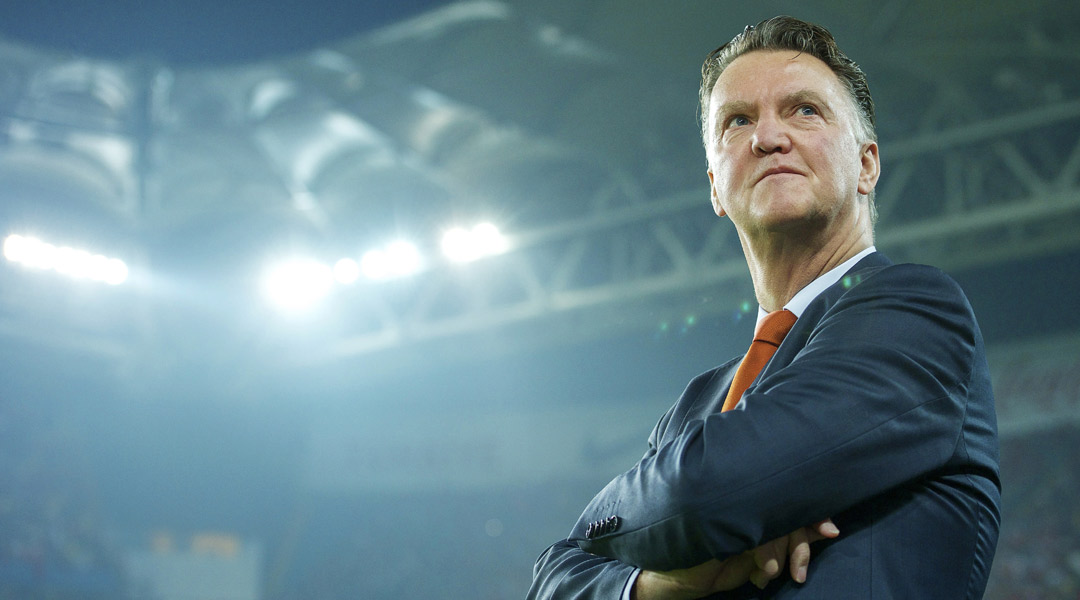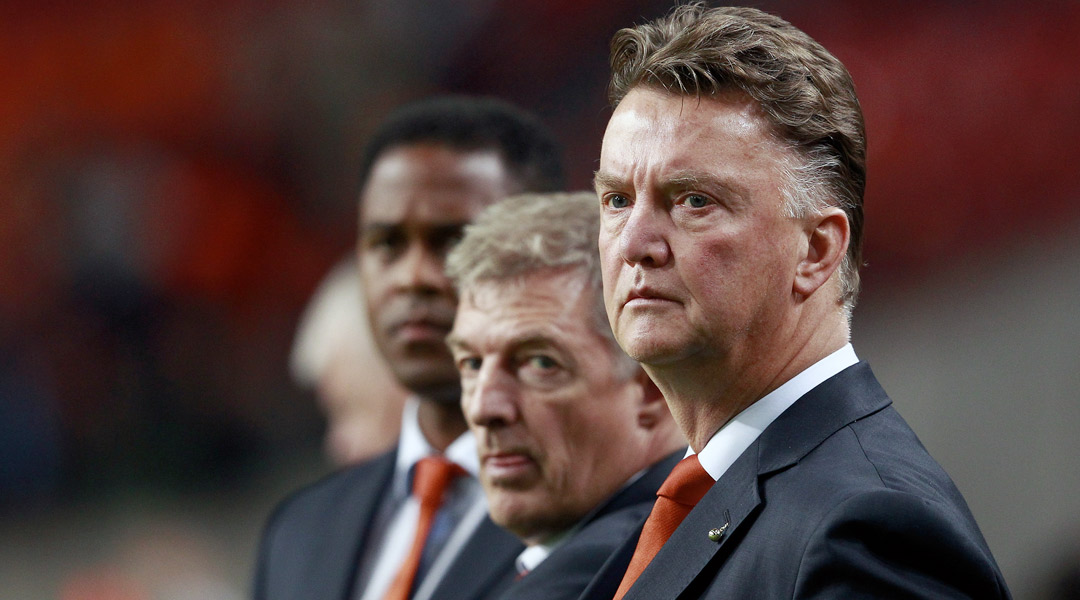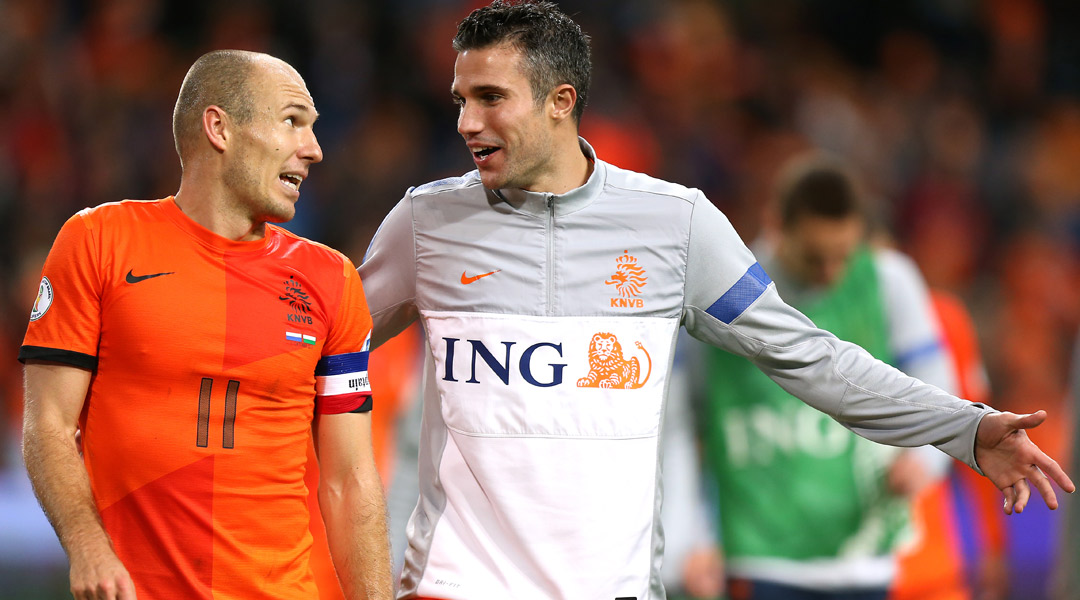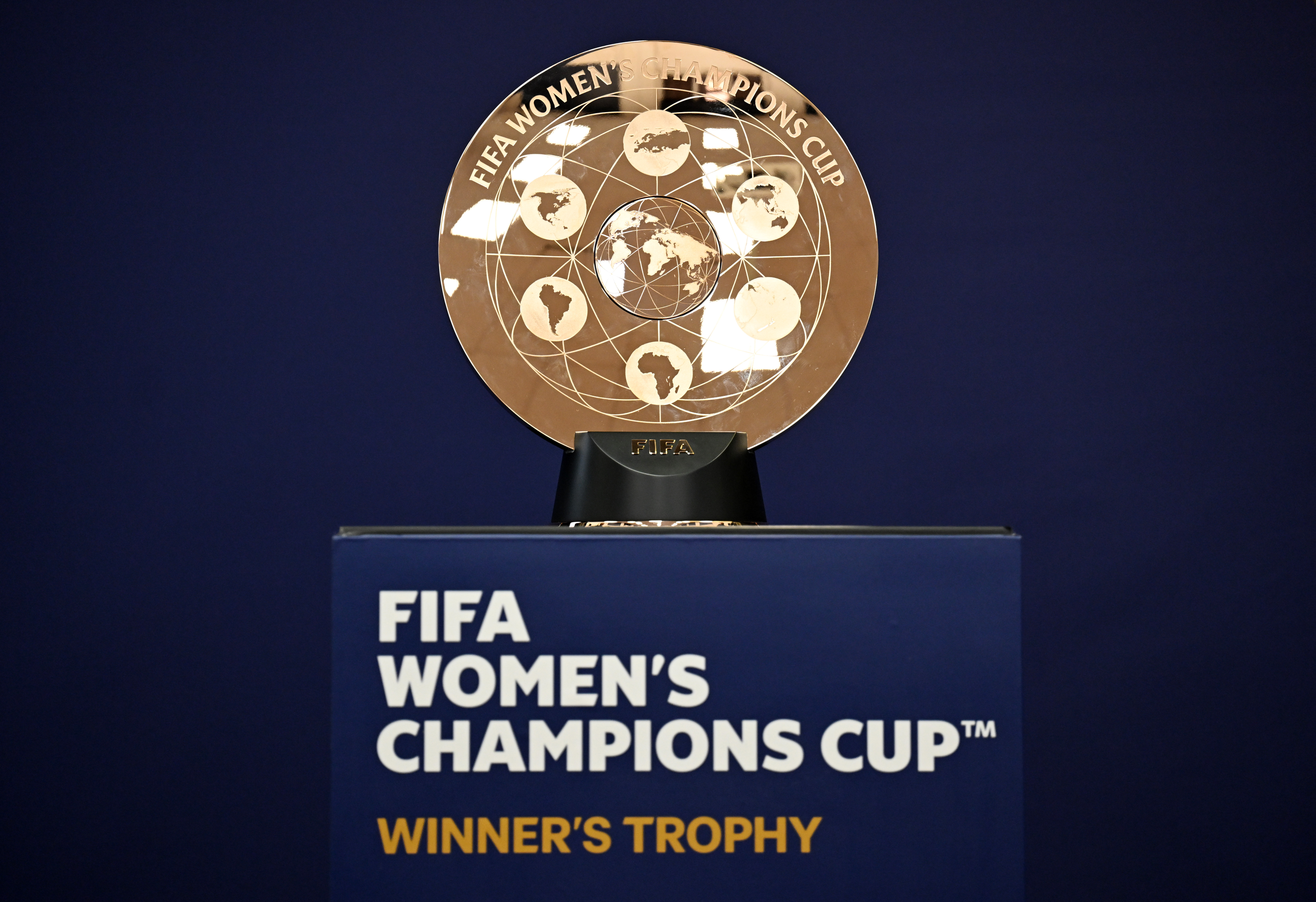Van Gaal's vision seeks to recreate football Utopia
Mohamed Moallim on why long-term measures will deny the Netherlands coach a happy ending to his reign

If one word could describe Louis van Gaal (and there are plenty), it's 'fundamentalist'. His coaching philosophy, as far as he's concerned, is the right approach. As Frank de Boer put it last season, "He's open to other ideas, but they must understand he won't budge."
Unwavering is an understatement. "I am who I am; confident, arrogant, dominant, honest, hard-working and innovative," he once declared. For the Amsterdam native, the journey to Brazil has been two decades in the making. Now he is in the final preparations for the chance to shine on the greatest stage.
A testament is the many coaches who cite him as a reference point. The most prominent outside of the Netherlands are Marcelo Bielsa and Pep Guardiola. "When executed properly it is winning football," beamed Bielsa, who has never hid his admiration for the Dutchman. "My jaw dropped when I saw Van Gaal's Ajax play," Guardiola enthused in his autobiography. "They did everything a football team should do perfectly in my eyes."
"Approaching football Utopia"
One game Guardiola recalls is their evisceration of Real Madrid at the Bernabéu; as the then Madrid coach Jorge Valdano put it, "Ajax are not just the team of the nineties, they are approaching football Utopia." That game embodied everything the 'Van Gaalisten' concept stands for, documented in his book Biografie & Visie. Soulmate-turned-enemy Johan Cruyff has never disputed Van Gaal’s coaching methods despite their falling out, even if the pair have "a clear difference in approach".
Dennis Bergkamp, now coaching at Ajax, remembered a “sacred system”: there is a strong emphasis on collective responsibility (collectief is Van Gaal's favourite word) and mutual understanding. Being a schoolteacher in a previous life undoubtedly shaped Van Gaal’s outlook, which led to a dictator-like image (mainly in the press) of treating his players like children. But those who have worked closely with him praise his integrity and honesty.

He doesn't take kindly to criticism, and the 62-year-old’s absolute conviction has resulted in a tetchy relationship with the Fourth Estate - surprising, considering his former eloquence and media-savvy as a representative of the players' union during his unspectacular career. It all boils down to Van Gaal's belief that most, if not all, football journalists are incapable of understanding tactics to sufficiently analyse them. Their views are deemed meaningless, and any criticisms are interpreted as a professional and personal attack. As he once spat, "Journalists think they know as much about football as I do, but they don't."
The best features, fun and footballing quizzes, straight to your inbox every week.
Journalists think they know as much about football as I do, but they don't"
It's fair to say his second stint as Netherlands manager hasn't been smooth sailing. Van Gaal will not deviate from his approach, yet recent performances have shown there is still a long way to go. He insists lessons are learned after each setback (the latest being Holland’s two-goal throwaway against Japan), and turning them into character-building exercises is encouraged.
Still, Van Gaal insists the basics should have been prevalent. "We allowed Japan back into the game and that was unnecessary," he told Dutch television. The game was also a reminder of the importance of central defenders to the ideals of totaalvoetbal that Van Gaal follows, especially when facing imaginative sides who don't sit back, many of whom will be at the World Cup. Cruyff once said his centre-backs should have the "best ball-handling skills" in order to "bring you out of trouble and set up the forwards."
Searching for the right players
Time is of the essence for international managers. On most get-togethers their best players won't be available, which impacts on team-building. In the 17 matches he has overseen so far, Van Gaal has used 45 different players. He has handed debuts to 19 players, of which 12 were under the age of 23. "Experience is important, but you can also have plenty of experience at the age of 16 or 18," he says.
It becomes a challenge to forge a coherent XI. But does Van Gaal have the required personnel to play the expansive football he demands? He believes so. "The KNVB gave me a clear mission to play 'Dutch School' football, and with the quality of this squad that must be possible." The brand of football he promotes, carved from the Amsterdam School, needs every player to act as one. It also needs the right type of players. But those individuals need to play together on a regular basis to create any sort of cohesion.
Given that he will remain steadfast to his vision, what could make things easier is employing a core from the same clubs, as Spain and Germany have shown. At the moment three players are guaranteed a starting berth: captain Robin van Persie, vice-captain Arjen Robben and third-captain Kevin Strootman.

The alternative is a more basic style Bert van Marwijk chose upon becoming national team manager after Euro 2008. It would be dubbed resultaatvoetbal - winning at the expense of playing overly attractively - and its foundation was solid organisation. The use of two holding midfielders made romantics wince, but it proved effective: the anchormen – usually Nigel de Jong and Mark van Bommel – allowed the front four to express themselves.
Van Gaal's moral duty to attack
Now, 17 months on, things are different. Oranje are proactive and fluid (within a traditional 4-3-3), epitomised by their midfield, which includes a controller in front of the defence with a box-to-box midfielder (Strootman) and playmaker ahead.
Van Gaal sees attacking football as a moral duty. His greatest obsession is still continuous circulation of the ball; passing endlessly as a means to tire the opposition until space is found to punish. It also acts as a defensive weapon: if you have the ball then your opponents can't do anything. It remains a work in progress, but there are signs his side are getting the hang of things.
But really the national team remains in a state of transition at the crossroad between two generations. Not much is expected next summer - Van Gaal is even on record as saying that getting out of the group will be considered a success.
More importantly, though, he is looking at the long-term picture, and with so many changes in the short-term it will be a while before the Clockwork Orange returns. After a meek showing at Euro 2012 his country have turned to one of the guardians of Dutch football to leave a positive legacy. Van Gaal will step down after the tournament - his wish is to return to club football - but not before doing his utmost to make his mark next summer.
 Join The Club
Join The Club





